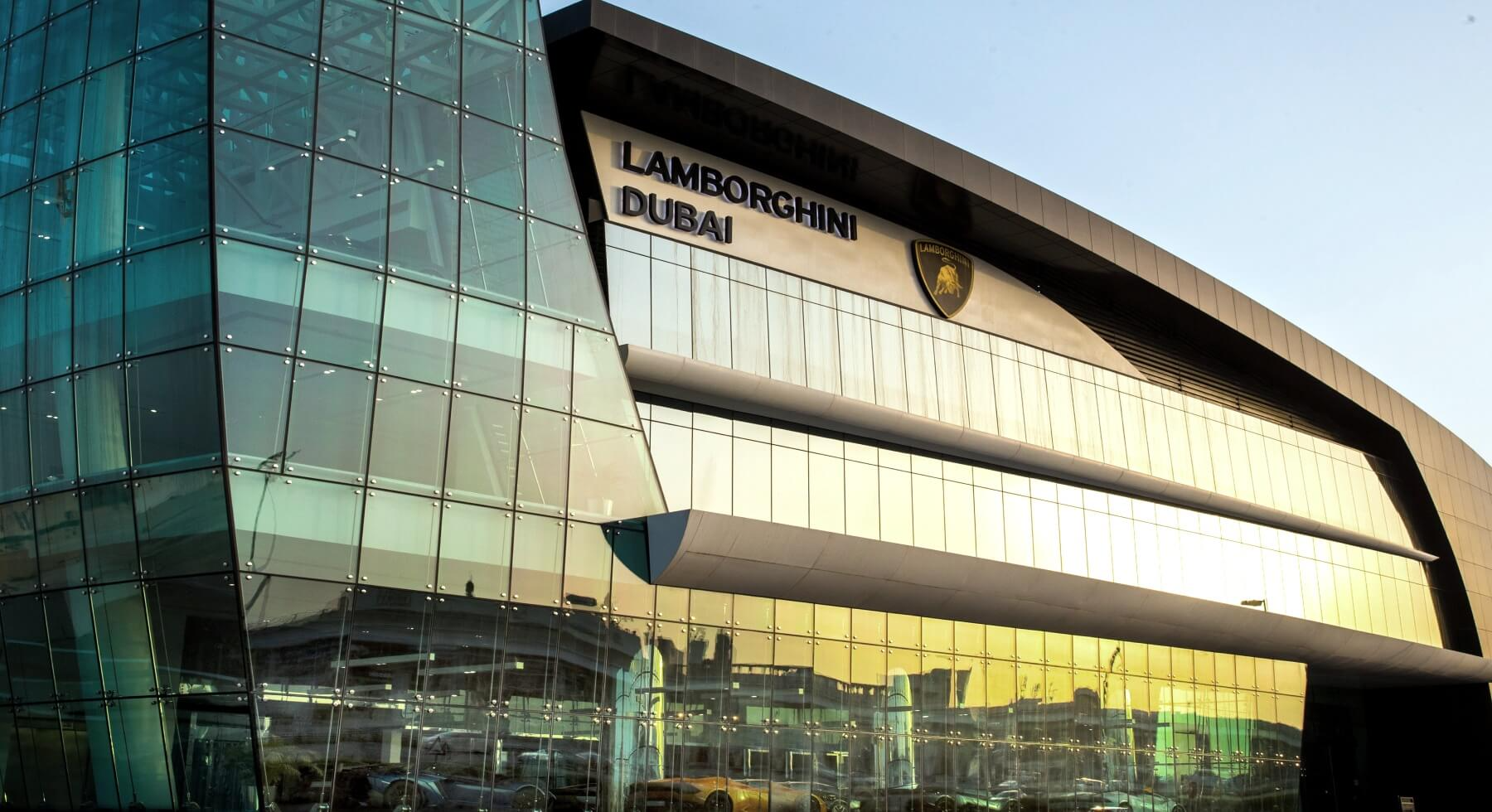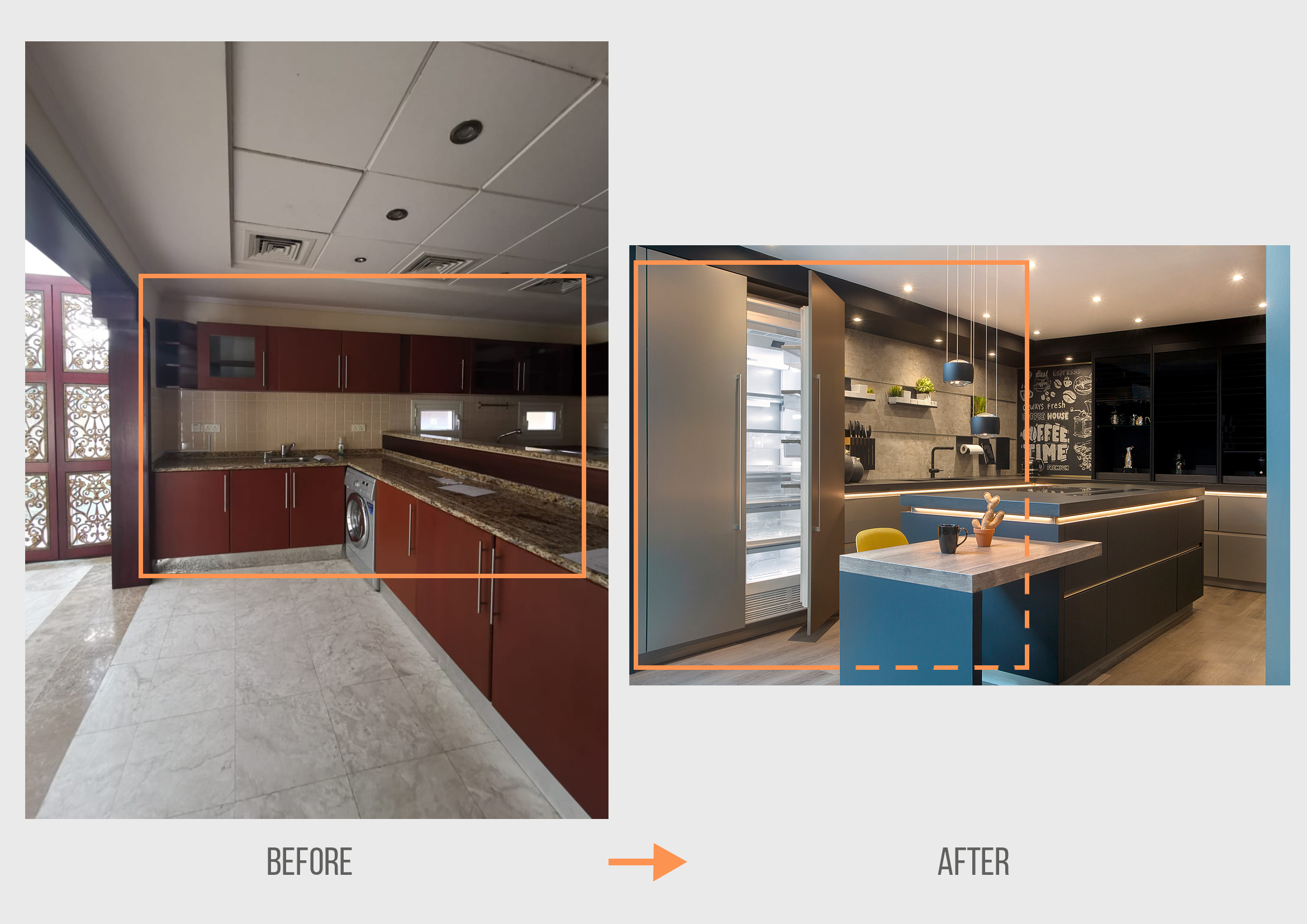Understanding payment plans for property in Dubai is essential for anyone considering purchasing real estate in this vibrant market. With various options available, buyers can select a plan that suits their financial situation and investment goals. Here’s an inclusive overview of payment plan property Dubai and what you need to consider.
Types of payment plans:
Installment plans: Most developers offer installment payment plans that allow buyers to pay in stages. Typically, this begins with a down payment (often 10% to 20% of the property price) followed by subsequent payments linked to construction milestones. For instance, buyers might pay at various stages like the completion of the foundation, structure, or interior work.
Post-handover payment plans: Some developers provide the option of paying a significant portion of the property price after handover. This arrangement can ease financial pressure for buyers, allowing them to manage cash flow better as they wait for the property to be completed and occupied.
Flexible payment options: Certain developers may offer more flexible payment arrangements, allowing buyers to negotiate terms based on their financial situations. These options can include extended payment periods or lower initial deposits.
Key considerations:
Understanding the payment schedule: Carefully review the payment schedule outlined in the Sale and Purchase Agreement (SPA). This document should detail when payments are due and the amount required at each stage. Ensuring that the schedule aligns with your financial capabilities is essential.
Additional costs: Beyond the property price, buyers should factor in additional costs such as registration fees (typically 4% of the property price), service charges, and maintenance fees. These costs can significantly impact your overall budget.
Mortgage financing: Many buyers opt for mortgage financing to facilitate their purchase. Understanding the terms offered by banks, including interest rates and eligibility criteria, is important. Most banks in Dubai provide mortgages for up to 80% of the property value for expatriates and 75% for non-residents.
Legal protections:
The Dubai Land Department (DLD) regulates property transactions, ensuring that buyers’ interests are protected. The escrow account system requires developers to deposit buyers’ funds into an escrow account, which safeguards your investment until the property is completed. This system helps mitigate risks associated with off-plan projects.



